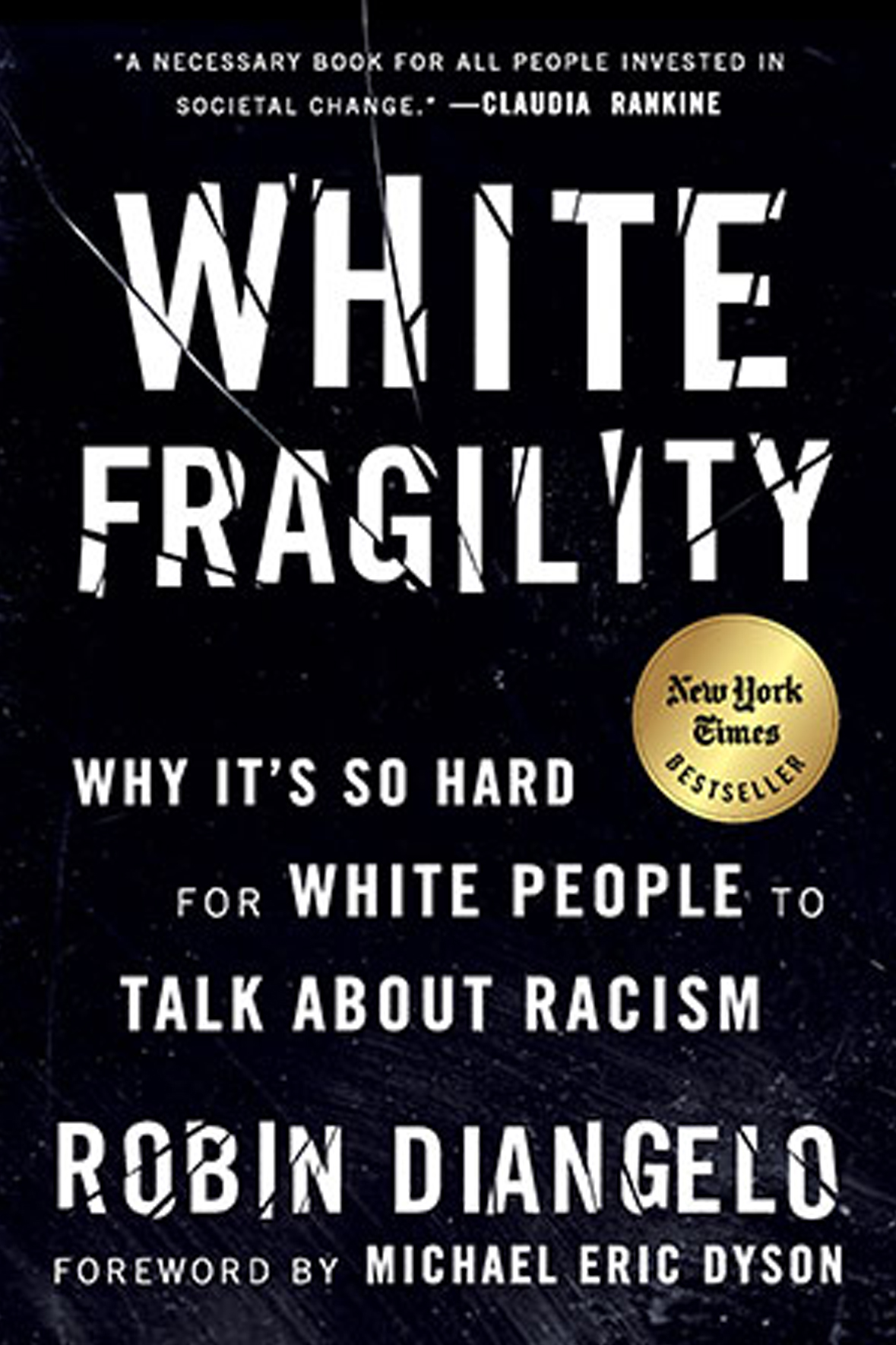White
Fragility is a book written by a white woman talking about why it is
so difficult for white people to talk about race, and to realise our
own compliance in maintaining the racist structures we see in place
in society. As the author points out at the start – there are also
many books by people of colour about this subject that you can also
read to educate yourself.
I will start by saying that this
book is probably best to read if you are already in agreement that we
live in a white supremacist society and white privilege is something
we (I’m speaking myself as a white person) benefit from. If you do
not come to this book with an open mind and willingness to learn,
then to be honest, it seems pretty pointless and you’re not going
to get much out of it. I think this book may also be useful for those
of us who think we are not racist, and are ‘progressive’ about
ideas regarding race, and those who consider themselves ‘colour
blind’ i.e. that we no longer need to consider race as an issue.
I
think one of the most important aspects of this book is the
explanation that it isn’t just ‘bad’ people who are racist –
we have all grew up in a white supremacist society and we are all
guilty of being racist, sometimes overtly, but often in more subtle
and subconscious ways and without realising, and we prop up and
perpetuate the racist structures that are in place. It is not just
those who describe themselves as racist or are outwardly aggressive
to non-white people who are – we need to look inwards at ourselves.
We need to look at how we uphold these institutions ourselves and
this book outlines how we, as white people, have deeply ingrained
racist attitudes that manifest in many ways.
There are great
chapters in the book that deal with white fragility as a form of
bullying and also white women tears as a particular form of white
fragility, and the historical context that it refers too. DiAngelo
includes numerous anecdotes in her book of when this fragility has
occurred and that I found useful to consider.
I found the end
of the book to be the most useful, which deals with ways to deal with
feedback or criticism. As people who benefit from this system, it is
important that we are able to deal with the discomfort this can bring
to us, and also learn from it. As pointed out, in this book and many
others, we have far less at stake when we do this compared to people
of colour, and it is often the case that white people are often far
more receptive to other white people when discussing issues of race.
We need to purposely put ourselves in interacts that challenge the
racist status quo and consider why the spaces we are in, if they are
overwhelmingly white, why is this? This is definitely something I
need to work on a lot harder in my own life and the spaces I engage
with.
If this book makes you uncomfortable at times, that is
not a bad thing, and a reason to keep reading. It did for me at
times. Despite the book sometimes feeling somewhat repetitive at
times, and it being quite basic, I think it’s an important book for
white people to be reading. We need to be clear that race is
important, and so is how we address the issues around it. ■
Northern Jam is an Anarchist and Feminist from reet up North. Passionate about cross stitching, reading and the downfall of the white supremacist capitalist patriarchy.
White
Fragility.
Published September 20018 by Beacon Press. Written by Robin DiAngelo

